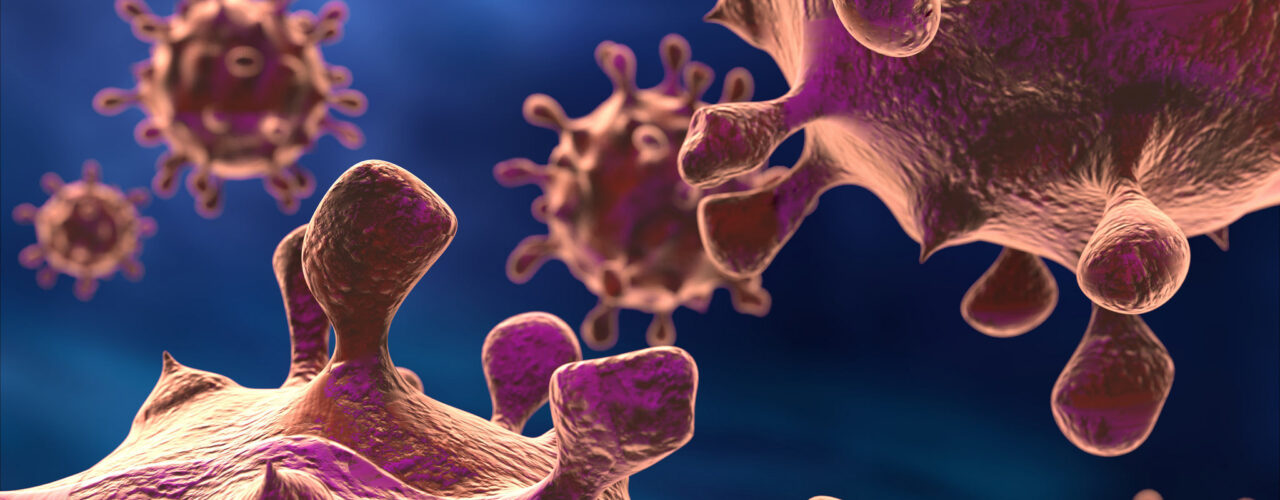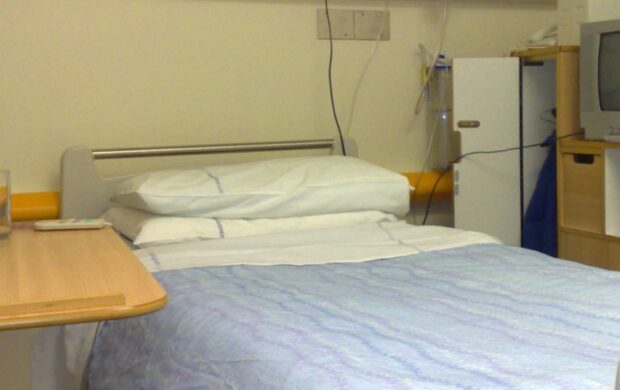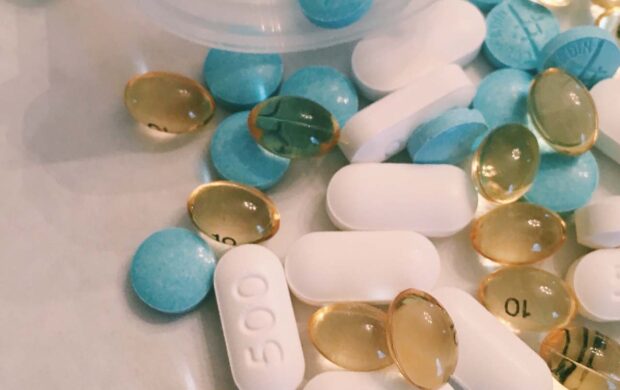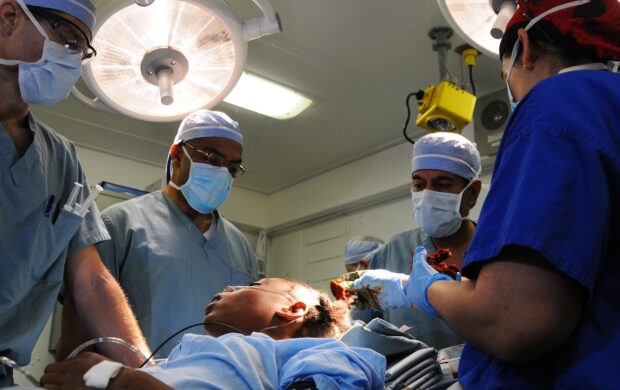The FDA (US Food and Drug Administration) has released draft legislation making it harder for doctors to use donated stool samples from non-for-profit stool banks in fecal transplants (also known as fecal microbiota transplantation, or FMT) – in which gut bacteria are transferred from a healthy person into an another patient’s intestines, in the hope of improving their ability to tackle infections.

The FDA has placed greater disease-screening and testing requirements on stool samples, as the recent regulations consider samples from donor banks as ‘investigational new pharmaceutical drug’, rather than a natural substance from a body (like blood, plasma or skin). The current legislation is based on the need for further research to be conducted into the risks associated with transferring bacteria from a donor to a patient’s guts.
Fecal transplants have been found to be effective in treating gut infections such as Clostridium difficile bacterial infections when antibiotics have not worked. FMT is also thought to be able to treat symptoms of Crohn’s disease and irritable bowel syndrome, although the FDA only allows extreme cases of C diff to be treated by transplants at the moment.















